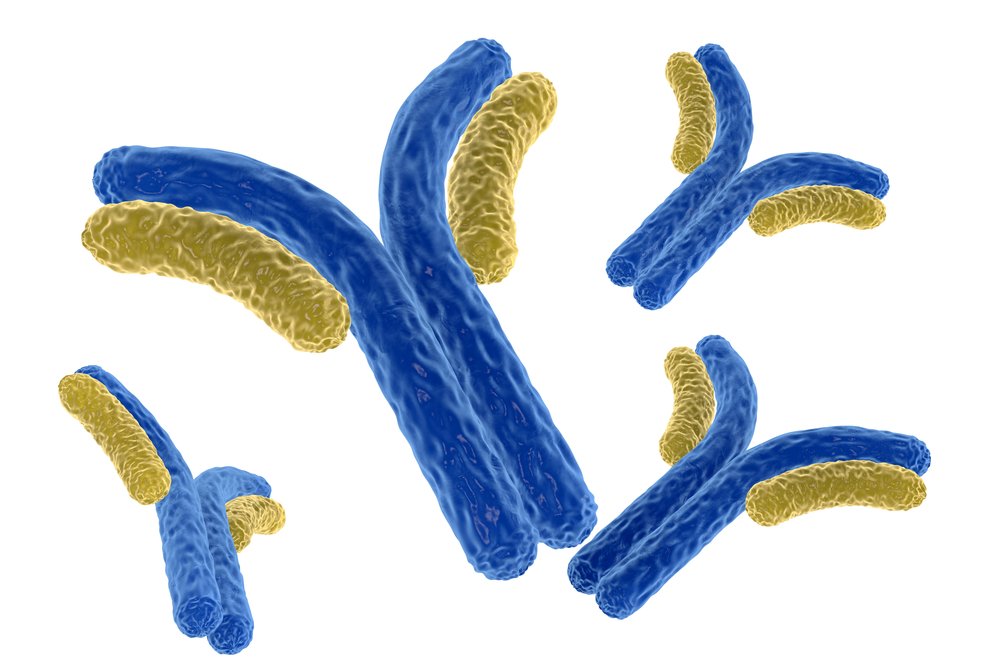Biogen, Citing New Phase 1 Data, Says Aducanumab Reduces Amyloid Plaques in Alzheimer’s
Written by |

Aducanamab helps reduce amyloid plaques in Alzheimer’s patients who receive a gradually increasing dose of the therapy, its developer, Biogen, reports, citing results from the long-term extension of its ongoing Phase 1b study (NCT01677572).
The potential treatment, also known as BIIB037, is a human monoclonal antibody derived from healthy elderly patients who have no signs of cognitive impairment, or from cognitively impaired patients who are declining at an unusually slow rate. Aducanumab is thought to target amyloid plaques — the primary feature of Alzheimer’s — based on prior pre-clinical and Phase 1b data.
Researchers conducted the Phase 1b clinical trial of aducanumab to assess its effect in patients who received a gradually increasing doses of the drug for up to 24 months, as well as patients given fixed doses of 3, 6 or 10 mg/kg of aducanumab for up to 36 months.
Biogen presented data from the study, “Aducanumab titration dosing regimen: 24-month analysis from PRIME: A randomized, double-blind, placebo-controlled Phase 1b study in patients with prodromal or mild Alzheimer’s disease,” at the Nov. 1-4 Clinical Trials on Alzheimer’s Disease (CTAD) meeting in Boston.
Results from the titration regimen group were consistent with the dose-dependent and time-dependent results seen in patients who received fixed doses of 3, 6 or 10 mg/kg aducanumab during the two-year period. In these patients, amyloid plaque levels — measured by PET scan — decreased in patients upon treatment. Furthermore, the amyloid plaque levels of patients treated with the highest dose declined to levels that were below the cutoff for a positive amyloid plaque scan.
These results support the design of the current Phase 3 study that is evaluating aducanumab for early Alzheimer’s disease. Biogen also presented results from this three year study, “Aducanumab 36-month data from PRIME: A randomized, double-blind, placebo-controlled Phase 1b study in patients with prodromal or mild Alzheimer’s disease,” at the conference.
“We now have up to three years of results from the Phase 1b study of aducanumab and during this time period we continued to observe reduction of the biomarker, amyloid plaque,” Dr. Alfred Sandrock, executive vice president and chief medical officer at Biogen, said in a press release. “The results also suggest there is a benefit on clinical decline for patients in the Phase 1b study, especially at the highest doses of aducanumab. Our Phase 3 studies of aducanumab are ongoing to determine whether it may be a potential treatment for early Alzheimer’s disease.”
Aducanumab is the focus of two Phase 3 studies (NCT02477800 and NCT02484547) to determine safety and efficacy in patients with early Alzheimer’s. Both are recruiting participants.





